Data on AI
Epoch AI collects key data on machine learning models from 1950 to the present to analyze historical and contemporary progress in AI. Our database is a valuable resource for policymakers, researchers, and stakeholders to foster responsible AI development and deployment.
Explore our data
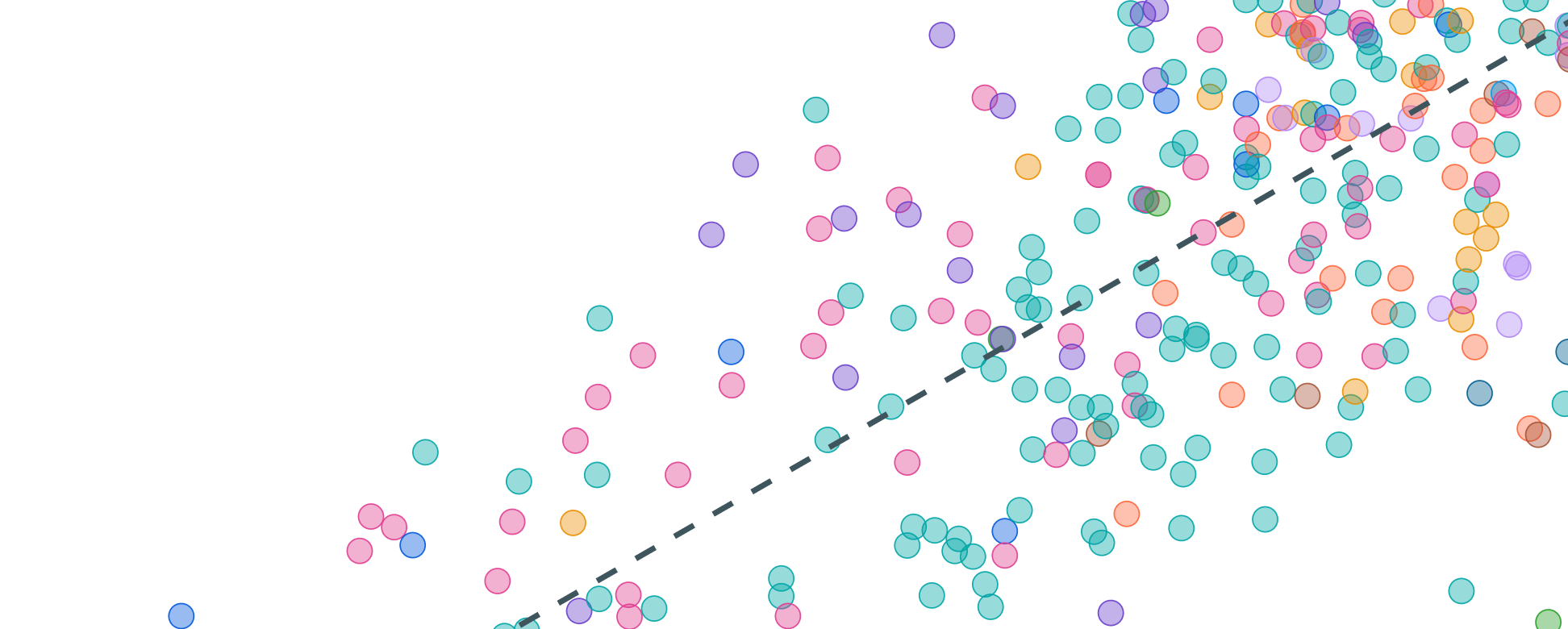
AI Models
Our public database, the largest of its kind, tracks over 3200 machine learning models from 1950 to today. Explore data and graphs showing the trajectory of AI.
Updated February 18, 2026
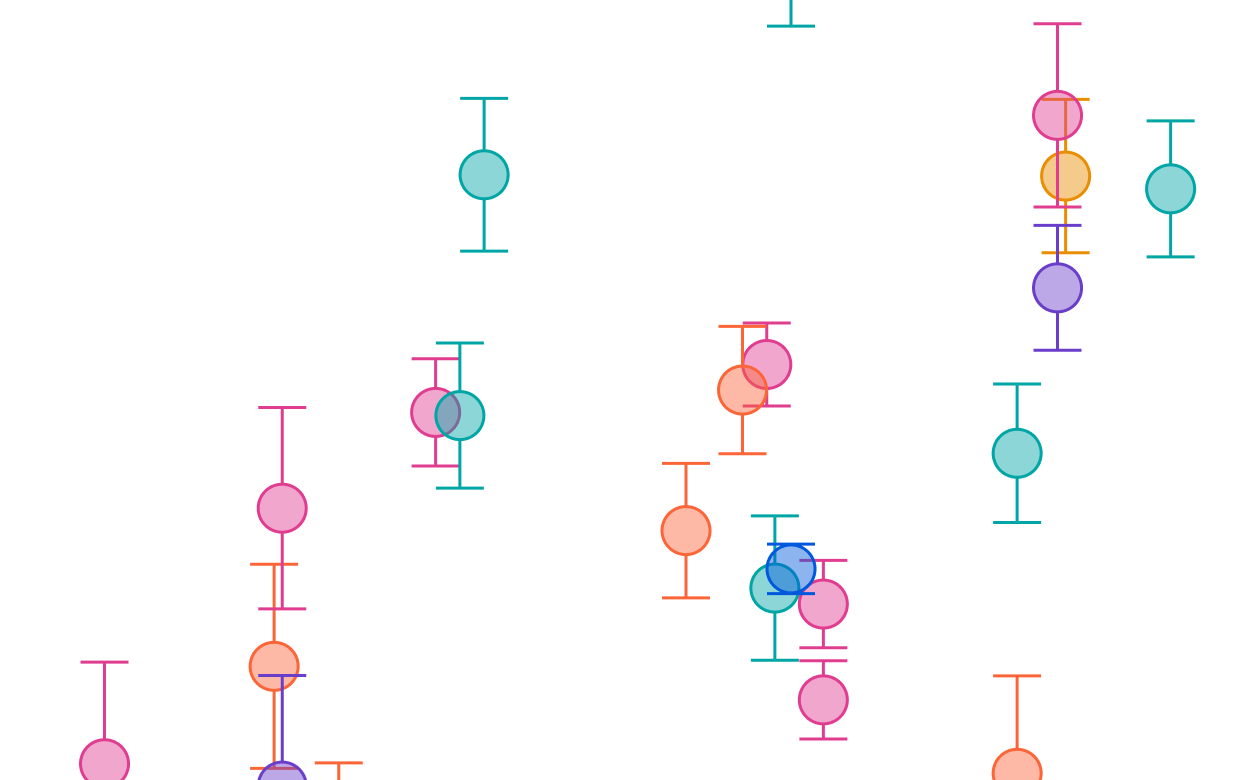
AI Benchmarking
Track the performance of leading AI models on challenging benchmarks, with insights into compute and accessibility.
Updated February 18, 2026
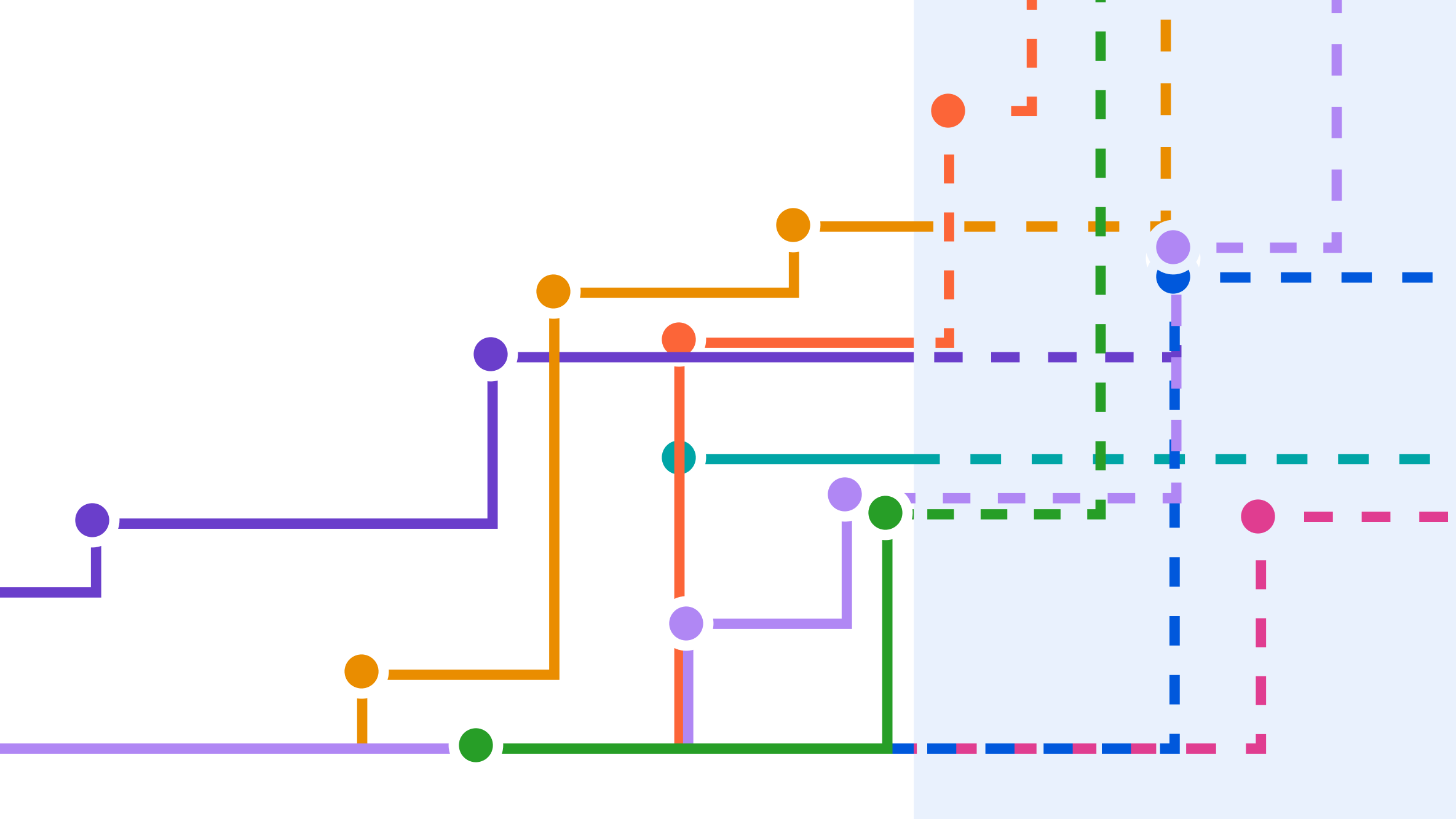
Frontier Data Centers
Our open database of large AI data centers, using satellite and permit data to track compute, power use, and construction timelines.
Updated February 12, 2026

Machine Learning Hardware
Key data on over 170 AI accelerators, such as GPUs and TPUs, used for developing and deploying ML models in the deep learning era.
Updated February 11, 2026
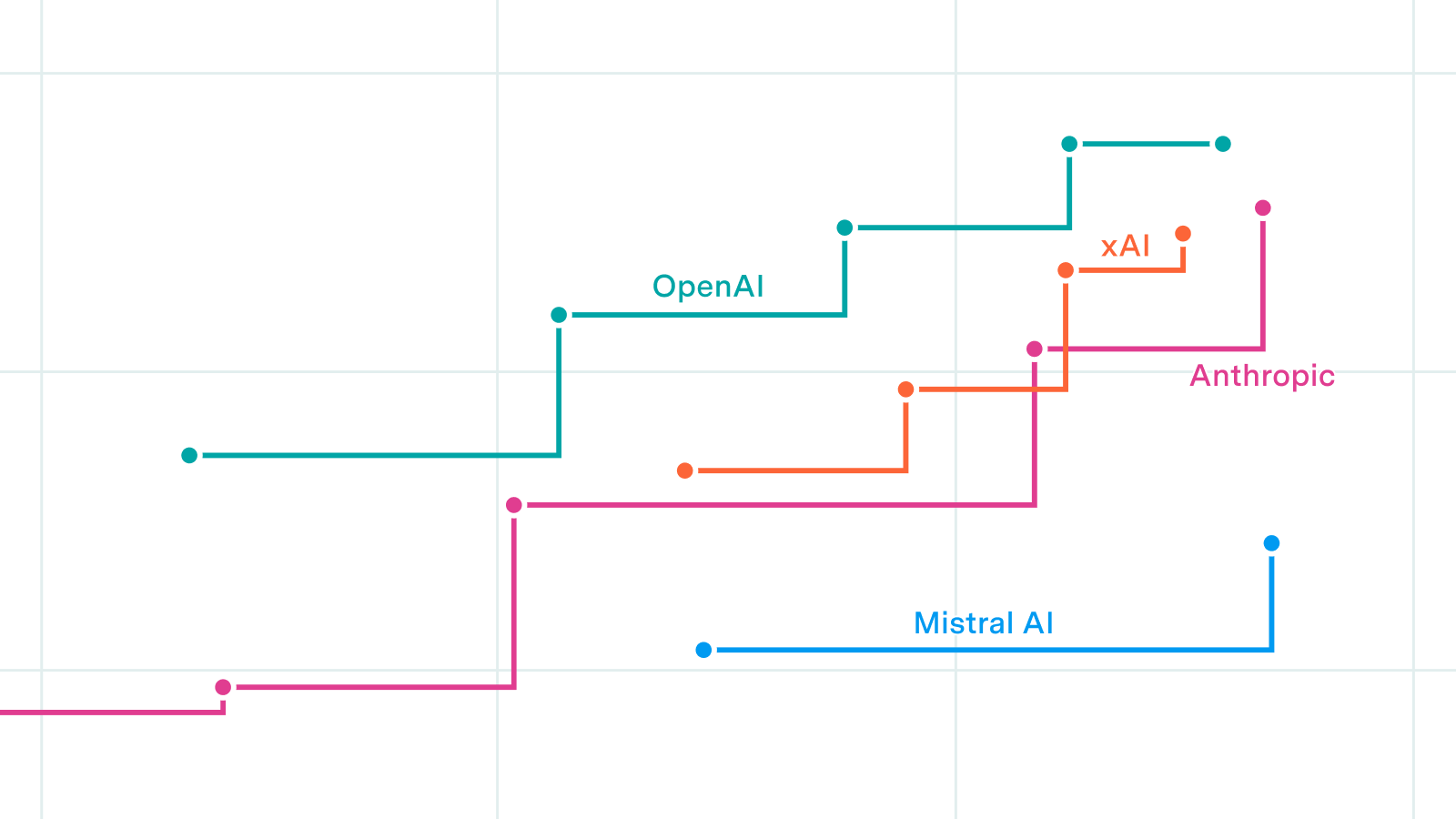
AI Companies
Our database of AI company data, with data on revenue, funding, staff, and compute for many of the key players in frontier AI.
Updated February 12, 2026
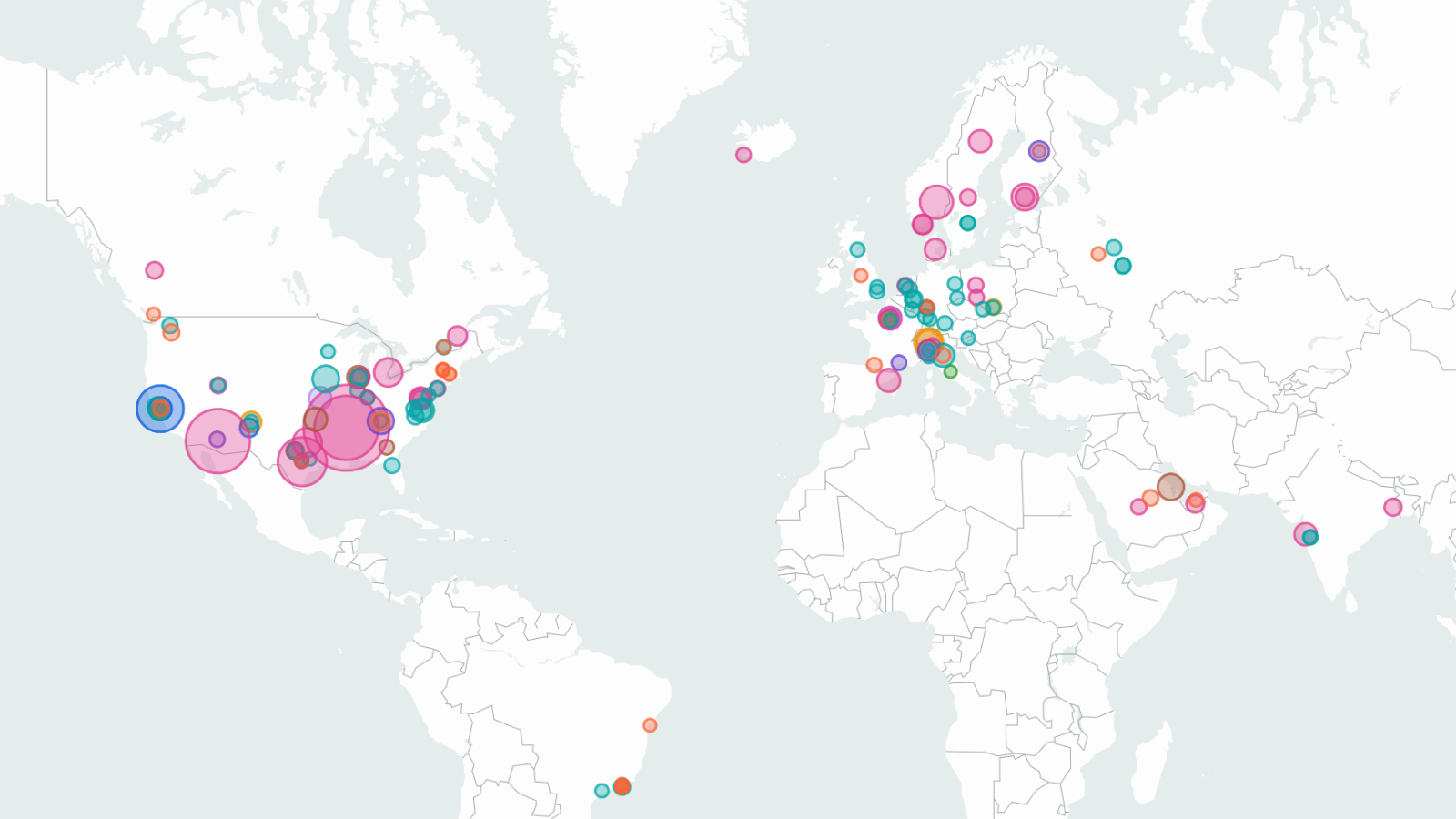
GPU Clusters
Our database of over 500 GPU clusters and supercomputers tracks large hardware facilities, including those used for AI training and inference.
Updated January 26, 2026

AI Chip Sales
Our open database of AI Chip sales, using financial reports, company disclosures, and more to estimate compute, power usage, and spending over time for a wide variety of AI chips.
Updated February 13, 2026
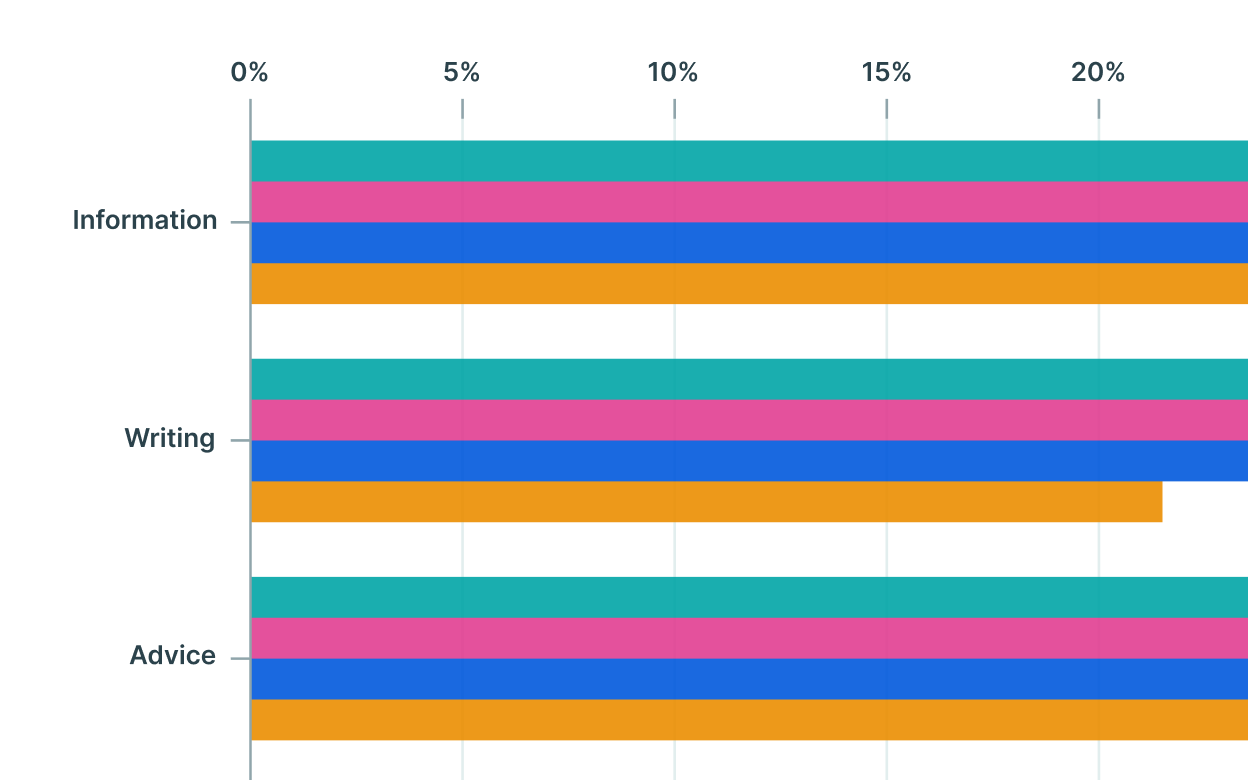
Polling on AI Usage
Tracking adoption and usage patterns, across demographics.
Updated December 19, 2025
Use our work
Epoch AI’s data is free to use, distribute, and reproduce provided the source and authors are credited under the Creative Commons Attribution license. Citations can be found on the respective pages for each dataset.
Download our data
AI Models
ZIP, Updated February 18, 2026
AI Benchmarking
ZIP, Updated February 18, 2026
Frontier Data Centers
ZIP, Updated February 12, 2026
Machine Learning Hardware
ZIP, Updated February 11, 2026
AI Companies
ZIP, Updated February 12, 2026
GPU Clusters
ZIP, Updated January 26, 2026
AI Chip Sales
ZIP, Updated February 13, 2026
Polling on AI Usage
ZIP, Updated December 19, 2025
Our methodology
We identify and track contemporary and historic advances in AI, collating key details across several areas. This research includes who developed models, when, and for what tasks, how much compute was used for training, how many parameters models have, how much data was used for training, what hardware was used for training, and more.
Our research
Epoch AI is a multidisciplinary research institute investigating the trajectory and impact of artificial intelligence.
We publish datasets, data visualizations, research reports, and predictive models to analyze the forces shaping AI development. Our goal is to foster scientific dialogue and bring empirical rigor to predictions about the future of AI.







